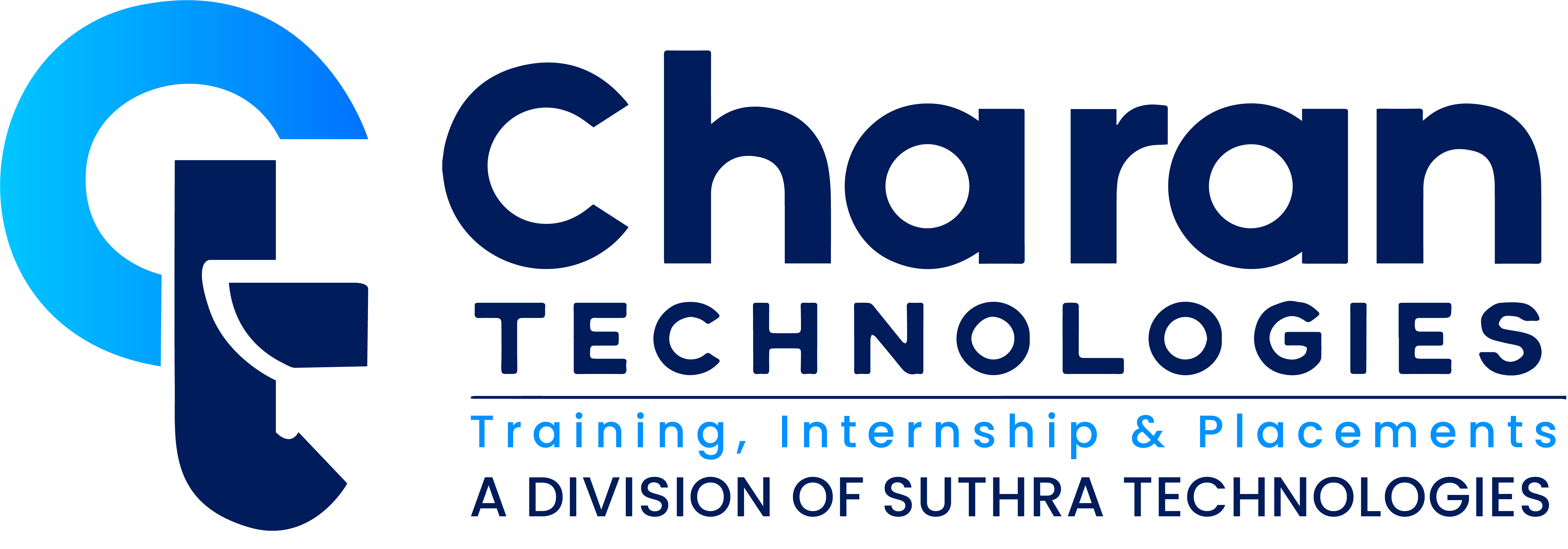Artificial intelligence (AI) is the ability of a machine or a computer program to think and learn. The concept of AI is based on the idea of building machines capable of thinking, acting, and learning like humans.
Artificial intelligence (AI) is an area of computer science that emphasizes the creation of intelligent machines that work and react like humans. Research associated with artificial intelligence is highly technical and specialized. While people falsely consider AI a technology, the more accurate approach would be seeing it as a broad concept in which machines are able to deal with tasks in a way we would call intelligent or smart.
Examples of AI technology:
AI is incorporated into a variety of different types of technology. Here are few example
1.Automation:
2.Machine Learning:
3.Machine Vision:
4.Robotics:
5.Sel-Driving Cars:
Artificial Intelligence works by effectively combining high volumes of data using intelligent and quick algorithms with iterative processing and there by allowing itself to self learn automatically from the characteristics of such data.The value of AI applications lies mainly in the fact that computers can do things faster than humans interpreting image s and text, finding patterns in figures and running intelligent searches.
ARTIFICIAL INTELLIGENCE APPLICATIONS:
1. AI in healthcare:
The biggest bets re on improving patient outcomes and reducing costs Companies are applying machine learning to make better and faster diagnoses than humans. It understands natural language and is capable of responding to questions asked of it.The system mines patient data and other available data sources to form a hypothesis.
2. AI in business:
Robotic process automation is being applied to highly repetitive tasks normally performed by humans. Machine learning algorithms are being integrated into analytics and crm platforms to uncover information on how to better serve customers. Chatbots have been incorporated into websites to provide immediate service to customers.
3. AI in education:
AI can automate grading, giving educators more time. AI can assess students and adapt to their needs, helping them work at their own pace. AI tutors can provide additional support to students, ensuring they stay on track.
4. AI in law:
The discovery process, sifting through of documents, in law is often overwhelming for humans. Automating this process is a more efficient use of time. Startups are also building question and-answer computer assistants that can sift programmed-to-answer questions by examining the taxonomy and ontology associated with a database.
5. AI in finance:
AI in personal finance applications, such as Mint or Turbo Tax, is disrupting financial institutions. Applications such as these collect personal data and provide financial advice. Other programs, such as IBM Watson, have been applied to the process of buying a home.
ARTIFICIAL INTELLIGENCE challenging tasks:
AI successfully diagnoses medical scans, connects trillions of data point to discover new patterns, interprets application letters and CVs, and tracks down fraudster.The general trend is for AI to replace boring, lower cognitive and repetitive human tasks. Small time savings can add up to fairly large amounts. AI can realize an efficiency improvement of two to five for the process step. When fully automating gains up to hundred times can be achieved.
